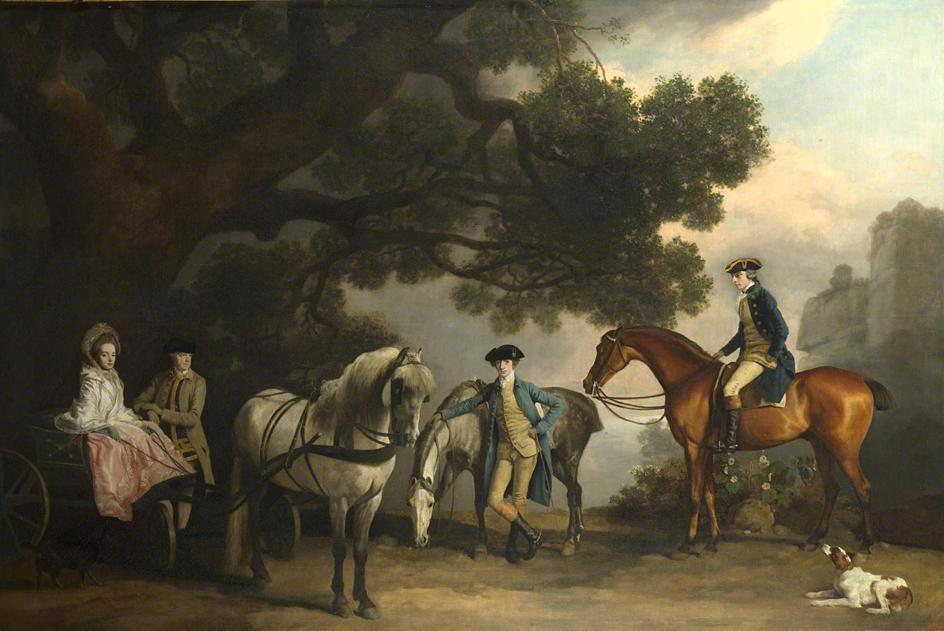Even more than it does today, in the Regency era, the social class into which you were born determined the amount of respect you were afforded.
The family member who held the key to inheritance was the eldest son of the family. Women could only hope to marry a man who would inherit his father’s fortune. If a titled person passed away with no sons and only daughters, the title and inheritance would pass to their eldest living male relative. 
The following is a short overview of those in the era with titles of respect who were owed deference:
Peers of the realm
These are individuals upon whom are bestowed by the King a title that often comes with an estate or land. I like to think of this in the sense of the modern day peer or friend and then relate that in the Regency era the only people who mattered were peers (or friends) of the King or royal family.
Duke
The highest peers ranking. Only a very few were granted this level of power and respect.
People had to call any Duke “Your Grace”; this basically means that your power and status was awarded by God himself through the King.
Marquis
Pronounced (Mar - kwess)
After Duke, Marquis is the next best title. They are bequeathed land and referred to by the name of the land that they own.
Earl
Next in rank is Earl or Countess. They also have land associated with the title, but are called by their last name or surname.
Viscount
Pronounced (v-eye-count)
The men with this title are often awarded land but not generally referred to by title.
Baron
Many Barons were awarded land, but used their last name and not the name of their land alone when introducing themselves.
Baronet and Knight
These men are not part of the peerage. Both may be called “sir”. Baronets inherit their title, but Knights are awarded for their bravery and courage in service to the King and do not pass on their Knighthood.
References:

No comments:
Post a Comment